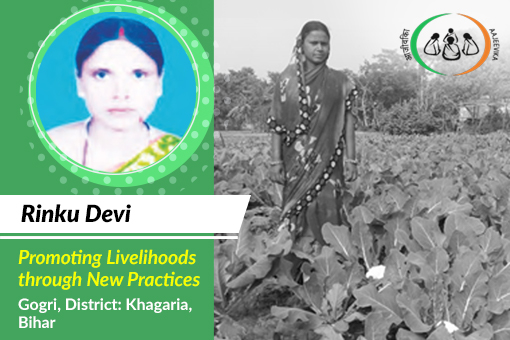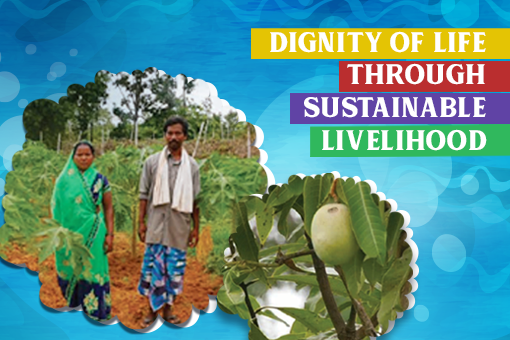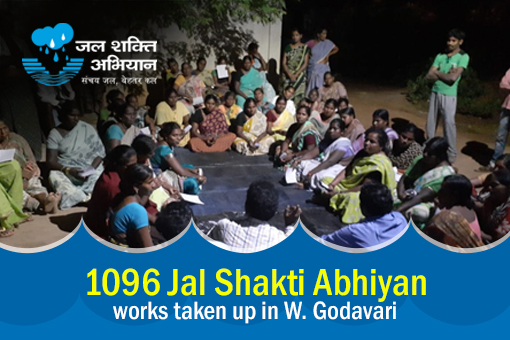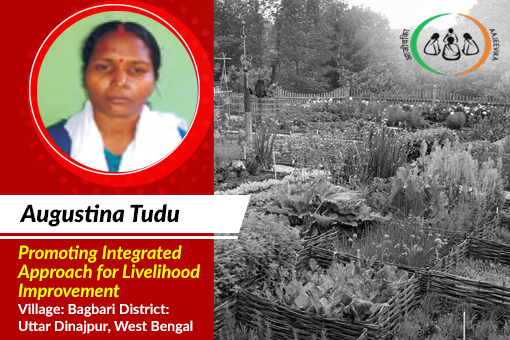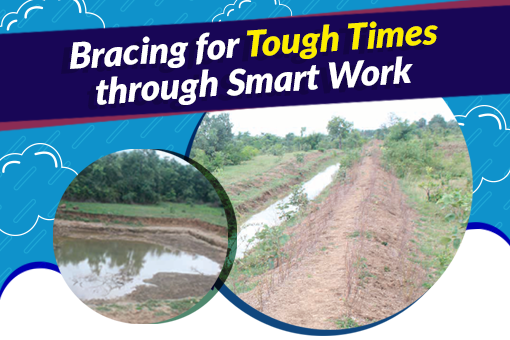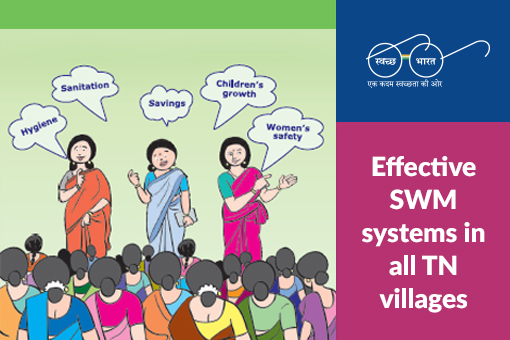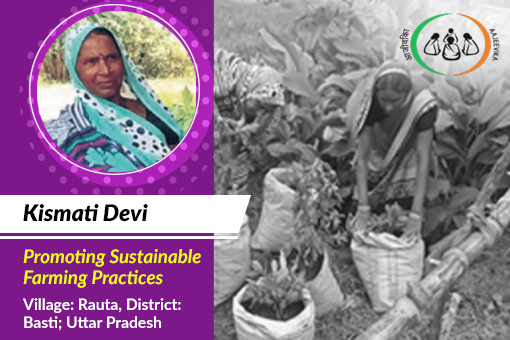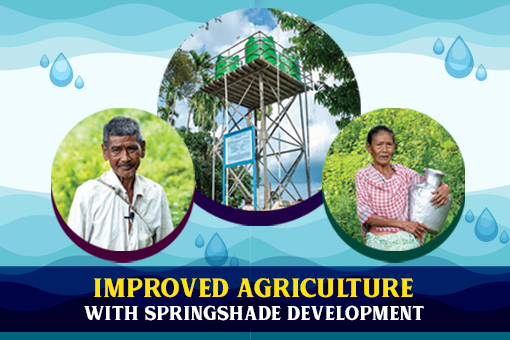Home | MyGov
Accessibility
Accessibility Tools
Color Adjustment
Text Size
Navigation Adjustment
- Activities
- MyGov States
- Andaman & Nicobar Islands
- Arunachal Pradesh
- Assam
- Chhattisgarh
- Chandigarh
- Goa
- Gujarat
- Haryana
- Jammu And Kashmir
- Karnataka
- Ladakh
- Madhya Pradesh
- Maharashtra
- Manipur
- Mizoram
- Tripura
- Jharkhand
- Nagaland
- Himachal Pradesh
- Uttarakhand
- Uttar Pradesh
- Rajasthan
- Tamil Nadu
- Dadra and Nagar Haveli and Daman and Diu
- Microsites
- Get to Know
- Help/Feedback


